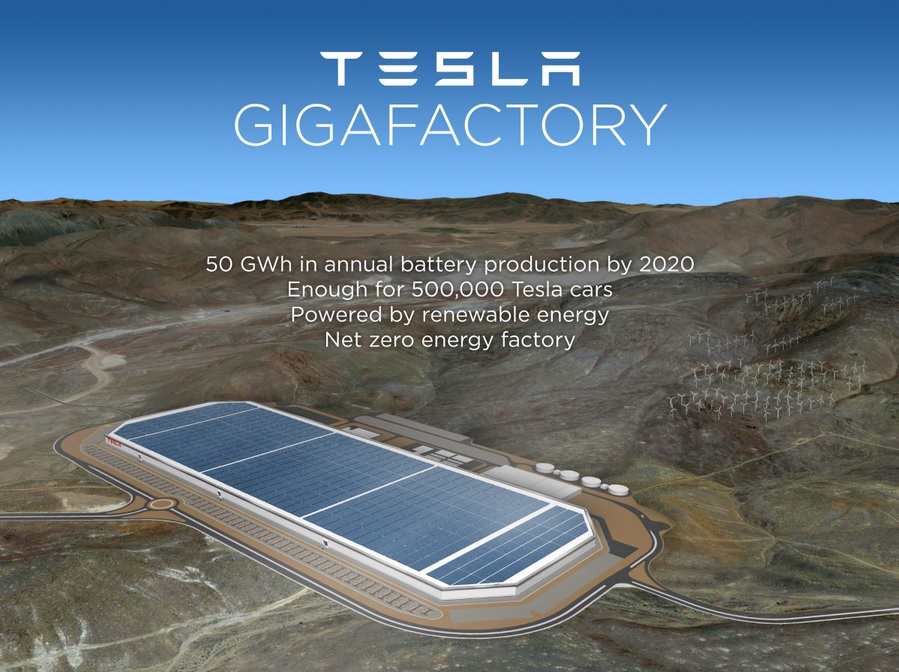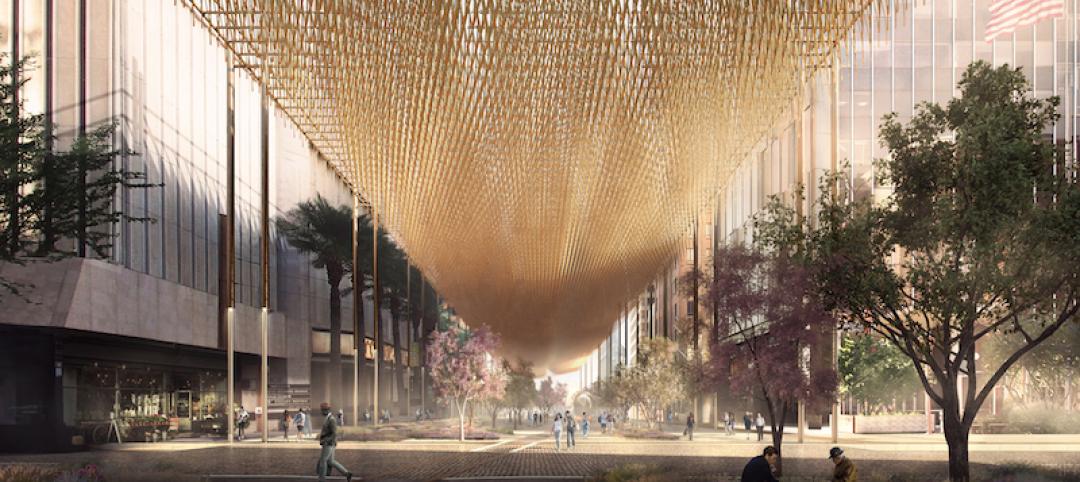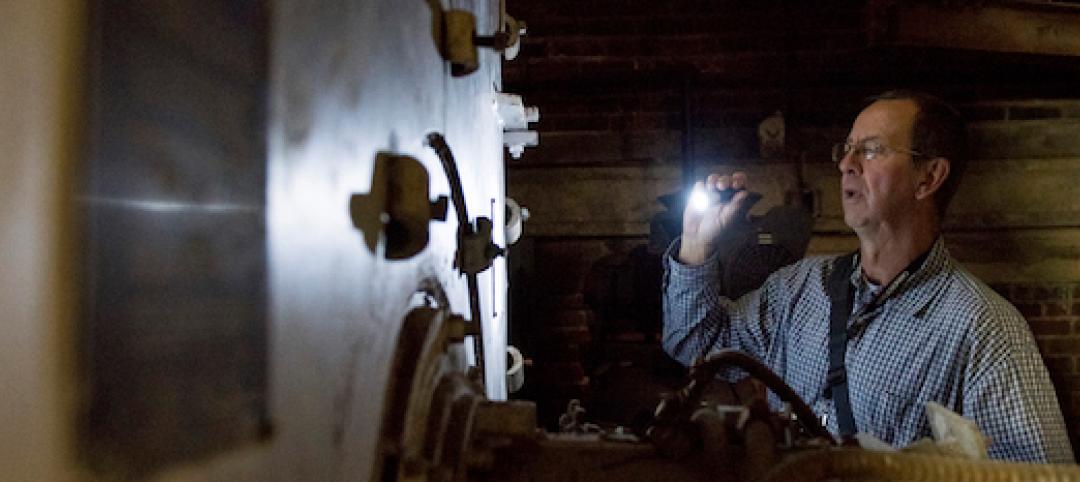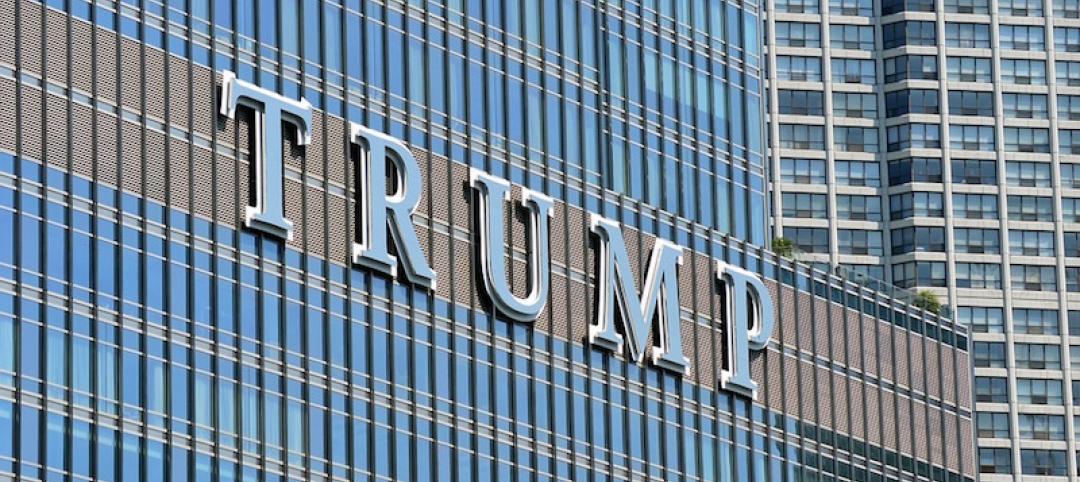Work has begun on Tesla Motors’ “gigafactory,” a $5 billion project on 980 acres in Sparks, Nev., that, when at full capacity in 2020, could annually produce 50 gigawatt-hours of lithium-ion batteries, or enough for 500,000 of Tesla’s electric cars.
Sparks, a suburb of Reno, Nev., was the winner in the gigafactory sweepstakes whose finalists were Fort Worth, Austin, Phoenix, and Albuquerque. Last September, Nevada Gov. Brian Sandoval signed a bill granting $1.3 billion in tax breaks to Tesla—including giving it the land for free—to build this massive plant, which at an estimated 5.5 million sf would be equal to 174 football fields.
Panasonic, which owns a portion of Tesla, last October said it would invest 10 billion Yen—or the equivalent of $92 million—into this project. The Wall Street Journal quoted Panasonic’s CEO, Kazuhiro Tsuga, who promised “installments of similar amounts” into this plant in the future. Currently, Panasonic supplies batteries for Tesla’s cars from its plants in Asia.
Elon Musk, Tesla’s CEO, says he expects Panasonic to contribute between 30% and 40% of the plant’s total cost. Tesla Motors will ante up half of the cost, and will manage the plant itself.
Tesla is building this plant to provide batteries for its Model 3 car, which is scheduled to go into production in late 2017 or early 2018. The plant would also provide batteries for Tesla’s Model S, and its upcoming Model X SUV. However, when this plant is scheduled to open is uncertain, as different news reports have said the opening could be in late 2016 or sometime in 2017.
The Nevada plant’s construction is projected to create between 20,000 and 22,000 jobs, and 6,500 permanent jobs. Over a 20-year period, the plant is expected to add $100 billion to Nevada’s economy.
Tesla’s goal is to produce batteries that are cheap enough for it to be sell its Model 3s for around $35,000. These batteries would also allow the electric cars to drive up to 200 miles before needing recharging.
However, given that Tesla sold between 33,000 and 35,000 cars globally in 2014, according to the website InsideEVs, its dreams of 500,000 units sales seem quixotic, especially given buyers’ lukewarm reception to all-electric cars so far.
To put this into some perspective, the two best-selling vehicle models in the U.S.—the Ford F-series trucks and Toyota Camry—sold 763,000 and 404,000 units in the U.S., respectively, last year, when a total of 16.5 million autos were purchased by American buyers. Toyota offers a gas-electric hybrid model, one of 47 hybrids from different manufacturers available in the U.S., where hybrids account for 3.2% of all light-vehicle sales.
Plug-in electric car sales in the U.S., on the other hand, rose above the 100,000-unit level for the third consecutive year in 2014, according to the website GreenCarReports.
Tesla doesn’t break out its U.S. sales, but given that its Model S starts at $70,000, one would think its market share is small. Nevertheless, the company is banking on a sizable increase in worldwide demand for electric cars. Last week Musk told CNBC that his company “should be able to produce a few million cars a year by 2025.” Tesla recently upgraded its plant in Fremont, Calif., to be able to produce 100,000 electric cars by the end of 2015.
Related Stories
Building Team | Jan 11, 2017
Can design help close the nation's political divide?
Practically every building typology is evolving to meet the needs of the innovation economy. Why not legislative spaces?
Building Team | Jan 10, 2017
Fiber canopies proposed to turn Phoenix streets into comfortable public space
The proposal was the winning entry in a design competition asking for ways to strengthen the identity of the Arizona city.
Building Team | Jan 6, 2017
CannonDesign launches REALIZE Life Safety Solutions
“The Final Rule presents a considerable update to the life safety directives most healthcare systems have become accustomed to,” says Joe Cassata, principal at CannonDesign.
Building Team | Jan 3, 2017
How does your firm’s hit rate stack up to the AEC competition?
If your firm is not converting at least a third of project proposals when competing for new work, it may be time to reassess your marketing tactics and processes.
Building Team | Dec 30, 2016
An open letter to the AEC C-suite
Women AEC professionals need you to take action.
Building Team | Dec 14, 2016
Hackathons set the stage at events for women in AEC and BD+C Under-40s
Popular among engineers, hackathons are forums that encourage “constructive collision” by bringing people into a room, letting them self-organize around common interests and goals, and having them work together in groups over two or three consecutive days to devise workable inventions that fill identifiable needs.
Building Team | Dec 14, 2016
Will Trump-led America be a boon or bust for U.S. AEC firms?
Regardless of which side of the aisle you stand on, election night was a jaw-dropping moment.
Building Team | Dec 8, 2016
The NYC Public Design Commission recognizes 12 projects with its 2016 Excellence in Design Award
2016 marked the 34th year the Public Design Commission has handed out its Excellence in Design Awards.
Building Team | Dec 2, 2016
Alexandria Real Estate Equities becomes first real estate investment trust to be named a First-in-Class Fitwel Champion
Fitwel building certification was developed to foster positive impacts on building occupant health and productivity through improvements to workplace design and policies.
Building Team | Nov 15, 2016
Major architecture firms are flocking to Dubai’s Design District
Three more major firms are making a permanent home in Dubai.

















